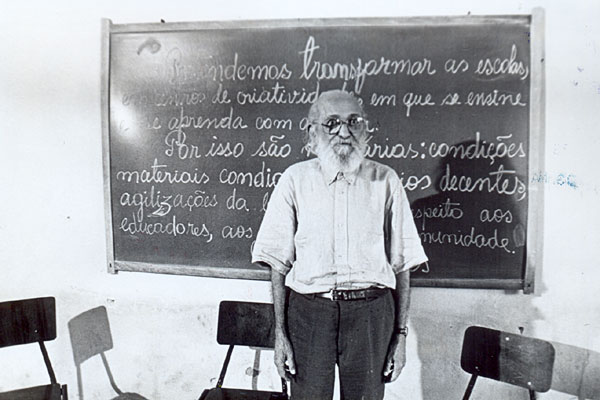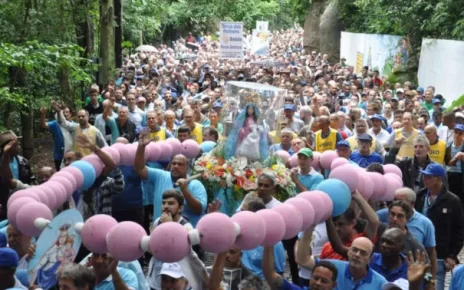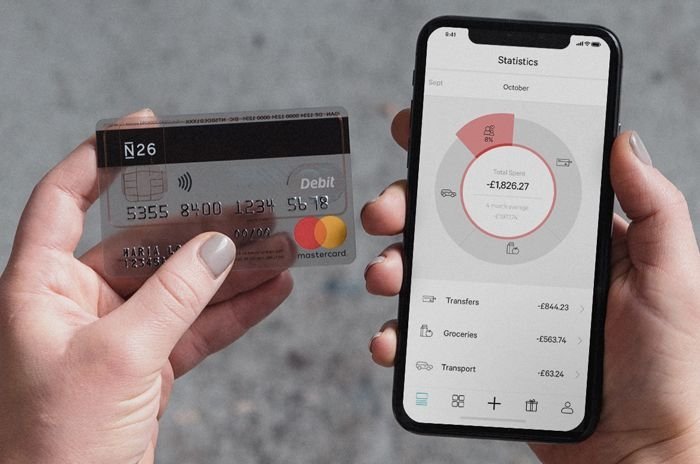“When education is not liberating, the dream of the oppressed is to be oppressor.”
This is one of Paulo Freire’s most famous phrases, people put it on Facebook status, on WhatsApp and even on Tinder. But what does she really mean? Who is the oppressed? Who is the oppressor? Liberating education wants to free who, and from what?
I decided to read Paulo Freire’s books to answer these questions and today’s review is from the book Pedagogia da Autonomia.
Come on:
PAUL FREIRE MARXIST
One of Paulo Freire’s outstanding characteristics is that he was always quite honest in what he intended with his books. It is not necessary to unmask Paulo Freire because he makes it clear that his objective is only to form citizens for the socialist revolution: “In making these considerations, we are only trying to defend the eminently pedagogical character of the revolution”. Pedagogy of the Oppressed, pg. 36 .
“If this education can only be carried out, in systematic terms, by the society that made the revolution, this does not mean that the revolutionary leadership waits for the coming to power to apply it” Pedagogy of the Oppressed, pg. 49.
THE STORY
Paulo Freire was named the Patron of Brazilian Education in 2012. In 1960, he coordinated a project called Círculos de Cultura, which ended the idea of a classroom and class of students. Its objective was the literacy of young people and adults. The teaching process would be through debates about the students’ daily life, about politics, oppression, social rights and so on. He called it problematizing education. Its audience was illiterate youth and adults from the factories to train leaders for the revolution.
“In this sense, liberating, problematizing education can no longer be the act of depositing, or narrating, or transferring, or transmitting “knowledge” and values to students, mere patients, in the manner of “banking” education, but a knowing act. As a gnosiological situation , in which the cognizable object, instead of being the end of the cognizing act of a subject, is the mediatizer of cognizant subjects, educator, on the one hand, learners, on the other, problematizing education immediately places the demand for overcoming the educator-learner contradiction . Without this, the dialogical relationship, indispensable to the knowability of the knowing subjects, around the same knowable object, is not possible”. Pedagogy of the Oppressed, p. 44.
THE METHOD
In Paulo Freire’s method there is no “B with A makes BA”, nor knowledge transfer. He is against the traditional pedagogy which considers the teacher the holder of knowledge and the student the being without the light of knowledge. This education he calls banking , where the teacher deposits knowledge in the student. Its method is not to transfer knowledge, but to instigate the student and support him so that he is able to learn on his own.
“For the “banking educator”, in his anti-dialogical nature, the question, obviously, is not about the content of the dialogue, which for him does not exist, but about the program he will talk about to his students. And to this question he will answer himself, organizing his program.” Pedagogy of the Oppressed, p. 53.
That is, the teacher will not tell his student that “B with A makes BA”, but he will show the letter B and the letter A and will wait for a light to appear within the student to show that together they make BA. Have you noticed that this doesn’t work, have you?
INCENTIVE TO REBELDIA, THE “FAIR IRA”
If the teacher is not progressive and wants to teach in the traditional way, Paulo Freire advises the students to rebel.
Every rebellious posture is valid for the revolution.
In other words, a minor, for example, who has a rebellious posture (bandit, rapist, drug dealer) is useful for the revolution and it is not advisable to reprimand him, it is necessary to transform his rebellion into a revolutionary posture.
A perfect example is Márcia Friggi, a teacher who was attacked and declared on her Facebook her indignation with all the violence present in schools, but in the same week she declared in an interview that the act of a student throwing an egg at Bolsonaro was a revolutionary attitude.
The only interpretation we can have of this is that any act of violence against someone you don’t agree with is a revolutionary act.
Paulo Freire as a teacher also warns the oppressed not to vote for reactionary candidates.
THE NEUTRALITY OF EDUCATION DOES NOT EXIST
According to Paulo Freire, it is impossible to have neutrality in education. The teacher must make his political position clear to students. “It is up to the revolutionary to liberate and free himself with the people, not to conquer them”. Pedagogy of the Oppressed, p. 53.
PAULO FREIRE AND THE VICTIMS OF SOCIETY
The poor and slum dwellers are always victims, so all their attitudes are understandable.
Paulo Freire’s ideas are basically these. He makes it clear that his political position is left-wing and that his book is aimed at progressive professors who have the same goal as his: to train citizens for the socialist revolution.
Throughout the book, Paulo Freire also snipes the neoliberal ideology several times for not bowing to the socialist utopia.
Paulo Freire’s project was interrupted by the military regime and replaced in the 70s by MOBRAL, the Brazilian Literacy Movement. The objective of MOBRAL was to teach literacy in the traditional way of teaching. No ideologies.
With the departure of the military from power, Paulo Freire was mentioned again in universities and was declared Patron of Brazilian Education and the result is there for everyone to see, Brazil is always among the worst in education in the whole world.



